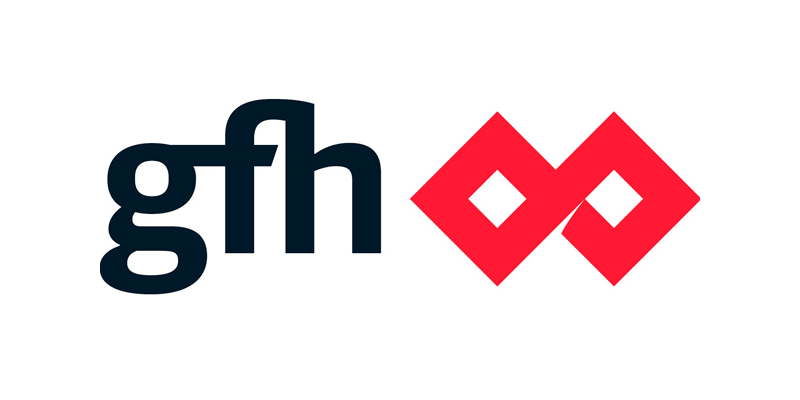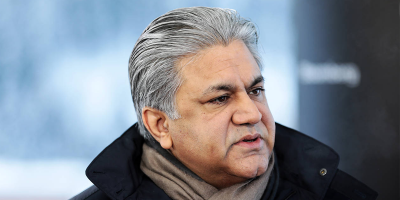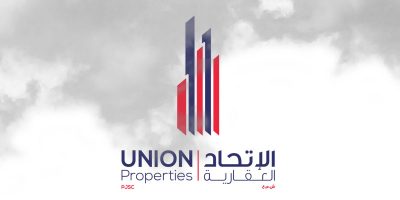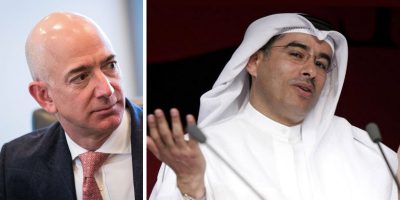The headline “Bahrain’s GFH full-year profit rises as revenues surge” suggests good times for GFH. We argue such headlines gloss over important details and at worse, potentially mislead less sophisticated investors.
Should a retail investor with limited accounting knowledge believe GFH’s year on year profit growth reflected the underlying strength of its business; they would be wrong. The reality is somewhat different as we shall discover below.
Deconstructing 2018 Profits
A closer look at its 2018 FY financial statements reveals a less exciting set of results. Of 2018’s USD 115mn profit, around 98% or USD 113mn is attributable to “Income from settlement of liabilities”.
Note 22 in the financial statements reveals that USD 35mn of this gain was attributable to a reduction in liabilities owed by one of GFH’s subsidiaries. This is a non-cash item.
A further USD 78mn was booked as profit from the settlement of its Villamar Sukuk at a price lower than its principal amount. The settlement was in the form of both cash and other assets. These are both one-time, non-recurring events.
Items in the “Income from settlement of liabilities” line of the income statement are not repeatable and hence lesser quality than investment banking or asset management activities, that make up “core” operations. With 98% of 2018 profits of this nature, we believe 2018 was if anything a weak year for GFH.
At some point – when GFH’s balance sheet has been cleaned up – there will be no more rabbits to pull out of hats. Core operations will determine GFH’s profitability, that is, unless related party transactions pick up the slack.
Related Parties
Two notifications on the Bahrain Bourse website, also caught our attention. Item 1, and Item 2.
GFH would like to inform its shareholders and the markets that it has signed a deal of USD 100 million with an SPV owned by Terra Real Estate Investments LLC (“Terra”) with instrumental support from Abu Dhabi Financial Group. The deal will see Terra acquiring 72% of Harbour Row Residence in Bahrain for USD 40 million and part of GFH’s real estate project in Morocco for USD 60 million .
This deal comes as part of the planned USD 1 billion exits from GFH’s real estate portfolio, to be undertaken over the next five years, with proceeds of the deals expected to support profit distribution and growth strategy of the group .
The transaction is expected to have a positive impact on GFH’s 2019 financial results.
Terra Real Estate Investments LLC “Terra” is affiliated with Eshraq Properties. The Chairman of Eshraq (recently rebranded as Eshraq Investments) is Jassim Al Seddiqi, who is also Chairman of GFH and CEO of Abu Dhabi Financial Group (ADFG).
The sale of two GFH’s assets to Eshraq is a related party transaction. This begs the questions:
- Who is getting the better deal, GFH shareholders or Eshraq shareholders?
- Were the assets valued independently by a third party?
- Is it generally good governance for the Chairman and CEO of two companies with different shareholders to engage in asset sales?
Conclusion
This is not the first time GFH engages in related party transactions. In 2016 GFH took at 30% (GBP 100mn) stake in ADFG’s No. 1 Palace Street development project, itself managed by yet another related party, UK property developer Northacre.
Again, there was no material disclosure as to how the transaction was valued. Skeptics could view it as an attempt by ADFG to de-risk, and offload a large slice of an asset to another entity over which it exerted influence. Today ADFG owns just 14.41% of GFH yet continues to exert significant influence.
Whilst there is nothing inherently wrong about related-party dealing, it always warrants further scrutiny.
ADFG and its affiliates appear to control or have significant influence over at least four businesses that operate in similar areas. According to their websites, GFH and SHUAA Capital both provide asset management and investment banking services. ADCM provides asset management services. Khaleeji Commercial Bank conducts investment banking. GFH and Eshraq are both involved in property development.
With diverse interests across private equity, real estate management and development, shareholder activism, venture capital, software development, incubators, accelerators, securities brokerage, loan syndication; each challenging to execute successfully, it’ll be interesting to see where this journey takes Al Seddiqi.
The risk today is that the adage may ring true, “a jack of all trades, a master of none”.
[A similar story on GFH was recently posted by Dr. al-Binali here]





Leave a Reply